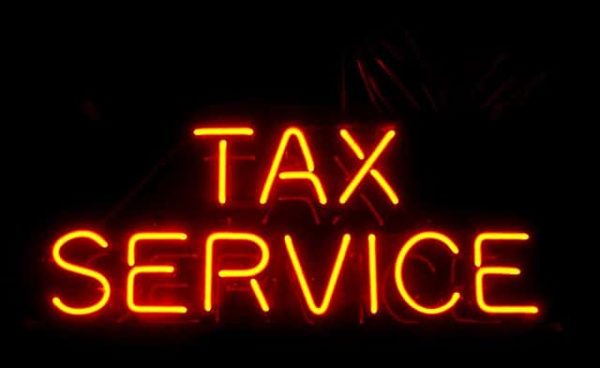More parts of our lives are moving online, including something generally thought of as exclusively pen and paper: signatures. Last year, the Canada Revenue Agency (CRA) did a public consultation on the use of electronic signatures for the next tax season. 92% of those involved in the consultation supported the proposed changes!
The CRA listened to the comments and made electronic signatures available for Forms T183 and T183CORP. How will this impact you?
Why Are Electronic Signatures Now Allowed?
 Electronic signatures for tax filing are now accepted both for convenience and to reduce the risk of illness. Those who assented to the electronic signatures saw the change as environmentally-friendly, with less printing and added convenience by saving taxpayers travel, gas, and time.
Electronic signatures for tax filing are now accepted both for convenience and to reduce the risk of illness. Those who assented to the electronic signatures saw the change as environmentally-friendly, with less printing and added convenience by saving taxpayers travel, gas, and time.
This added convenience can encourage taxpayers to file on time, and come with some temporary measures to relieve the difficulties Canadians experience trying to file their taxes during the pandemic.
During a time of physical distancing, electronic signatures can reduce the amount of social contact associated with signing completed tax returns. Many taxpayers visit their accountant to drop off the filing paperwork, then come back to sign the form in person so the filer can submit the return. Now, they can do it all online, including the signing.
The approval of e-signatures on Forms T183 and T183CORP allows taxpayers to authorize an electronic filer to submit an income tax return on their behalf without a physical signature. What are these forms?
How Does It Work?
The T183 and T183CORP grant permission to a third party to submit a tax return on behalf of an individual or corporation. To do this, they must add subsection 150.1(4) of the Income Tax Act to Schedule 2 of the Personal Information Protection and Electronic Documents Act (PIPEDA). 
Electronic signatures must meet specific criteria to meet the requirements of the Income Tax Act. The filer must verify the taxpayer’s identity, and the taxpayer must provide the electronic signature in one of the following ways:
- If the taxpayer sends the information, including the electronic signature, through the email address most recently provided by the taxpayer to the filer;
- Provided in the presence of the electronic filer, using such technology as a stylus or finger on a tablet;
- Provided through an electronic location that is secured and access controlled, such as a website accessible to the taxpayer through the filer.
A pre-authorized e-signature on Form T183 can be used in conjunction with EFILE, too. EFILE is an electronic tax filing system only available to professional accountants and tax preparers. Your accountant can prepare and file your taxes using EFILE but will not need a physical signature if you fill out the T183 in advance.
Electronic signatures are just one of the accommodations the CRA is making to help taxpayers file safely and on time. Deferred filing dates, deferred tax payments, and the elimination of penalties and interest at this time are some others. Electronic signatures are not new, either, as the American Internal Revenue Service has been accepting e-signatures for years; it’s also a common practice in real estate and other industries.
If you’re comfortable with them, take advantage and prepare your taxes without having to come into our offices!

